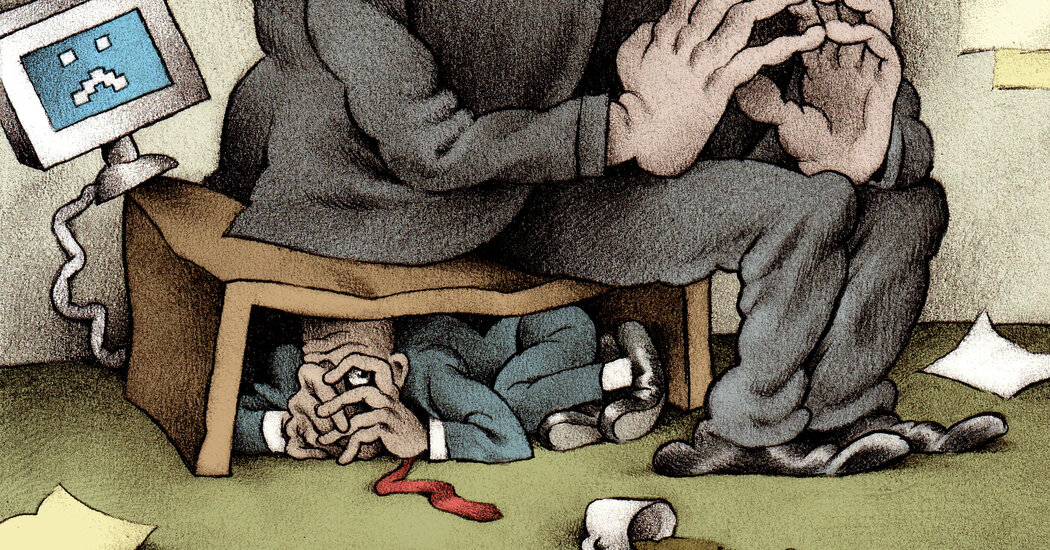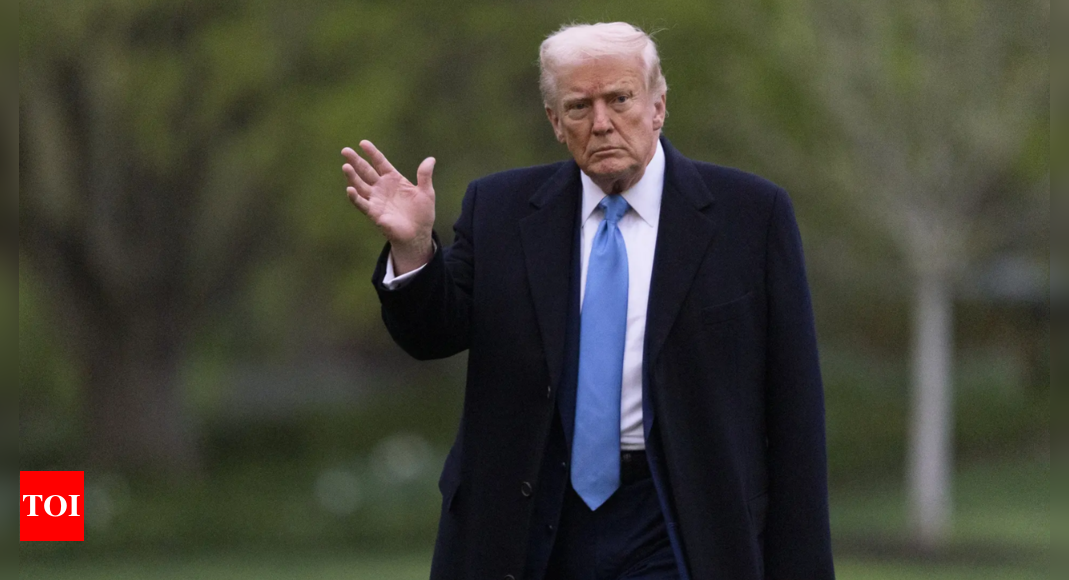Right after Donald Trump was elected for the second time, he was the most popular he’d ever been. According to The Economist, “his net favorability was in positive territory for the first time ever.”
It was a strange moment: In January 2025, the guy who had been impeached twice, indicted four times, and convicted on 34 felony counts was as popular as he’d ever been and, unlike in 2016, he actually won the popular vote. Trump is famous for defying political gravity, but even for him, this was unprecedented. It was as if the American people had suffered from collective amnesia and forgotten January 6, the COVID pandemic, and the Black Lives Matter protests. Not only that, it was the first time in 20 years a Republican won the popular vote in the presidential elections. Once again, American voters were angry, once again American voters wanted change, once again American voters bafflingly considered Trump—who had been president once before—to be the outsider.
But there was another important data point, which may not be getting enough attention. A lot of voters were angry about a very specific thing: inflation. The idea that things were suddenly more expensive for no discernible reason was a hard pill for voters to swallow. A month before the election, Gallup reported that the economy “could be a significant factor to nine in 10 voters.” Voters were angry, but most weren’t angry about government spending—they were angry about the price of eggs. If you were to argue that Trump has a mandate, and he would argue that he does, it would be to make prices lower.
Trump promised many pie-in-the-sky things. For example, he said that if he won, the government or insurance companies would cover the cost of in vitro fertilization treatment—a proposal that would almost certainly never fly with his own party. After taking office, Trump is still promising some of these fantastical things. During his speech to a joint session of Congress earlier this month, he reiterated his call to eliminate taxes on tips, overtime, and Social Security benefits—once again, costly ideas that would almost certainly never jell with the Republican Party he leads.
But Trump’s biggest, boldest campaign promise was downright impossible. It was a promise that Kamala Harris couldn’t make because there was no way to do it. Trump vowed to immediately reverse inflation and to immediately make things cheaper. In August he told a crowd in Montana: “Starting on day one, we will end inflation and make America affordable again, to bring down the prices of all goods.” And in October, he told a group in Wisconsin: “Starting on day one, we will end inflation and make America affordable again. We’ll do that.” Harris couldn’t promise that because, even with the most aggressive government intervention, there is no realistic way to do it.
But instead of bringing prices down on day one, or even month one, Trump is doing the exact opposite. He’s enacted a trade war and let Elon Musk take a chainsaw to the federal government, both of which have caused market uncertainty. Suddenly, the man who said he was going to make everything cheaper on day one can’t even rule out a recession on his watch, and has instead mused about a “period of transition.”
Trump has it in his head that the United States was somehow richer before income taxes, which is fueling his tariff obsession. A few days after being sworn in, he told reporters in the Oval Office: “We were at our richest from 1870 to 1913. That’s when we were a tariff country. And then they went to an income tax concept.” It makes sense that Trump, a real estate baron, would be nostalgic for the Gilded Age—after all, it was a time in American life marked by high concentration of wealth, vast income inequality, and widespread political corruption.


